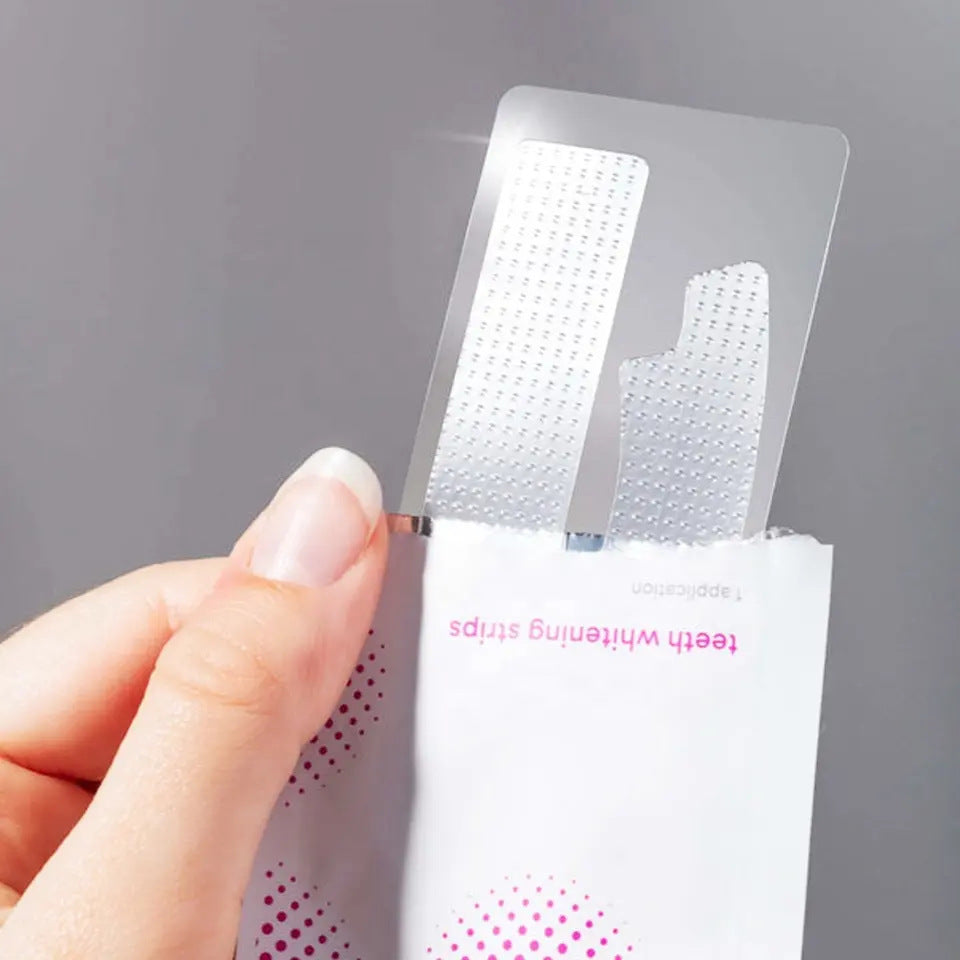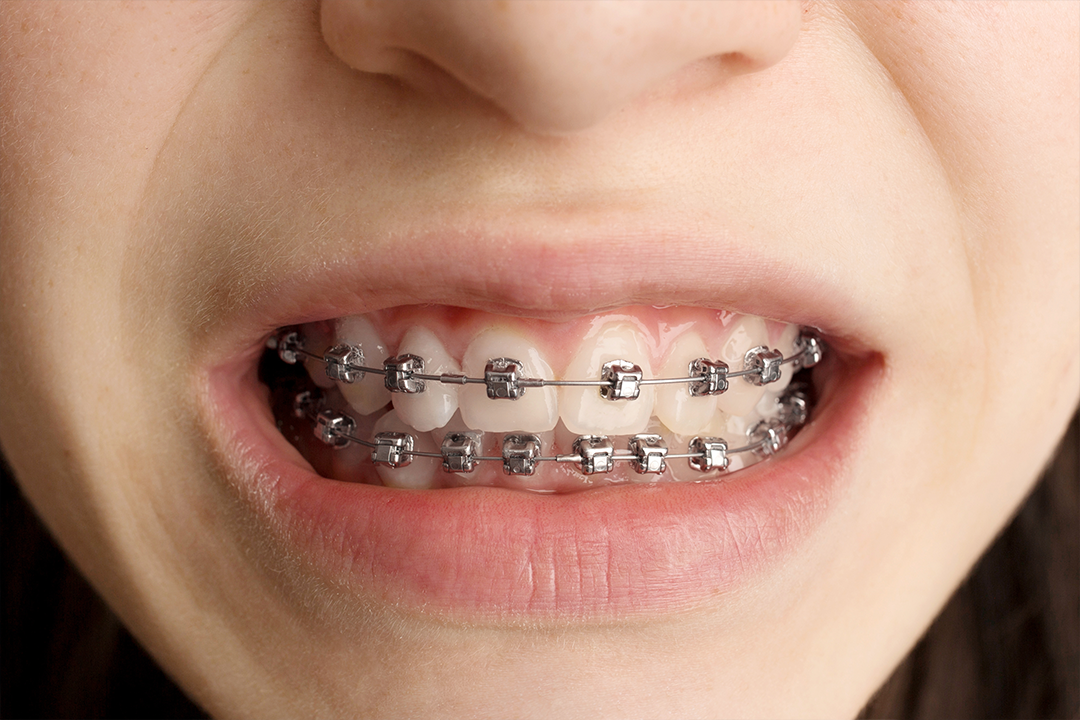When it comes to oral health, brushing and flossing are only part of the picture. What you eat plays a crucial role in the strength of your teeth, the health of your gums, and the brightness of your smile. Poor nutrition can silently damage your enamel, weaken your immune response, and make your gums vulnerable to infections.
In this blog, we explain how nutrition affects oral hygiene, what a diet for strong gums looks like, and how you can support your routine with the right products and habits – especially for nutrition-related enamel damage, discoloration, or sensitive gums.
How Poor Nutrition Harms Your Oral Health
Without essential nutrients, your teeth and gums become more vulnerable to:
- Tooth decay: Caused by acidic environments and bacteria that feed on sugar.
- Weakened enamel: A deficiency in calcium or phosphate makes teeth more susceptible to chipping and discoloration.
- Gingivitis: Vitamin deficiencies (especially vitamin C) can cause bleeding or receding gums.
- Bad breath and slower healing: Insufficient hydration and antioxidants weaken your mouth's defenses.
A poor diet also reduces saliva production, while saliva normally helps clean your teeth and neutralize harmful acids.
The Diet for Strong Gums: What to Eat (and Avoid)
A diet for strong teeth and healthy gums should include vitamins, minerals, and adequate hydration. This works best:
Nutrients that Support Strong Teeth and Healthy Gums
| Nutrient | Benefits | Best Sources |
| Calcium | Strengthens enamel and jaw structure | Milk, yogurt, almonds |
| Vitamin C | Repairs gum tissue, fights inflammation | Oranges, strawberries, and bell peppers |
| Phosphorus | Remineralizes teeth | Fish, eggs, and dairy |
| Vitamin D | Promotes calcium absorption | Mushrooms, sunlight, fortified milk |
| Polyphenols & Antioxidants | Reduce dental plaque bacteria | Green tea, leafy greens |
Foods to Avoid for Better Oral Health
- Sugar-rich drinks (especially soda and energy drinks)
- Refined carbohydrates (white bread, pastries)
- Sticky, processed snacks that cling to enamel
- Excessive citrus fruits or vinegar-based foods (they wear down enamel)
- Alcohol or caffeine (both cause dehydration and reduced saliva production)
The Right Oral Care for a Nutrient-Rich Lifestyle
Even if you follow a healthy diet, your mouth still needs protection against acids, tannins, and discoloration from food. Products that gently correct discoloration, balance your pH, and help remineralize enamel can bridge the gap between your diet and oral hygiene goals.
Balance Your pH After Meals.
If your meals include tomato sauce, fruit juices, or coffee, your enamel temporarily softens. A color-correcting purple toothpaste, such as a light foam variant or mild gel, helps neutralize yellow undertones and refreshes your mouth without abrasive ingredients.
Think of innovative violet-tinted foaming toothpastes that work immediately to brighten and refresh your smile – especially useful after eating and drinking that cause surface staining.
(Discover mild care after meals: V34 Purple Foam Toothpaste)

Support Natural Whitening with Enzymes
Fruit-based meals (such as citrus fruits or berries) can leave stains, but some oral care products use fruit enzymes to safely remove discoloration without damaging the enamel.
This type of natural whitening toothpaste, often made with pineapple or papaya extract, is a smart choice when switching to a healthy diet for strong teeth and healthy gums.
(Mild whitening for daily use: GlowSmile Whitening Fruit Toothpaste)

Smarter Brushing for Sensitive Gums
When switching to a cleaner, nutrient-rich diet, your gums may feel more sensitive as they heal. A toothbrush that adapts to your brushing pressure and prevents gum damage can significantly improve comfort and cleaning – especially when combined with a remineralizing, non-abrasive toothpaste.
(Combine brushing technology with a nourishing formula: GlowSmile SmartBrush + Purple Magic Toothpaste)
Example of a Daily Nutrition Plan for a Healthy Mouth
| Time | What to Eat |
| Breakfast | Greek yogurt with berries + boiled egg |
| Snack | Apple slices or cheese cubes |
| Lunch | Grilled chicken salad with leafy greens |
| Snack | A handful of almonds or a banana |
| Dinner | Salmon with broccoli and brown rice |
| After Dinner | Herbal tea or water + gentle brushing |
Final thoughts: Diet + Smart Care = Sustainable Oral Health
A nutrient-rich diet for strong gums forms the foundation for long-lasting oral health. But to protect and maintain these benefits, your daily oral care routine must align with your lifestyle.
Watch out for products that:
- Gentle but effective after meals
- Designed for enamel care and preventing discoloration
- Supports gum healing and natural whitening
When nutrition and oral care work together, your teeth stay cleaner, your smile brighter, and your gums stronger – for a lifetime.









Leave a comment
This site is protected by hCaptcha and the hCaptcha Privacy Policy and Terms of Service apply.